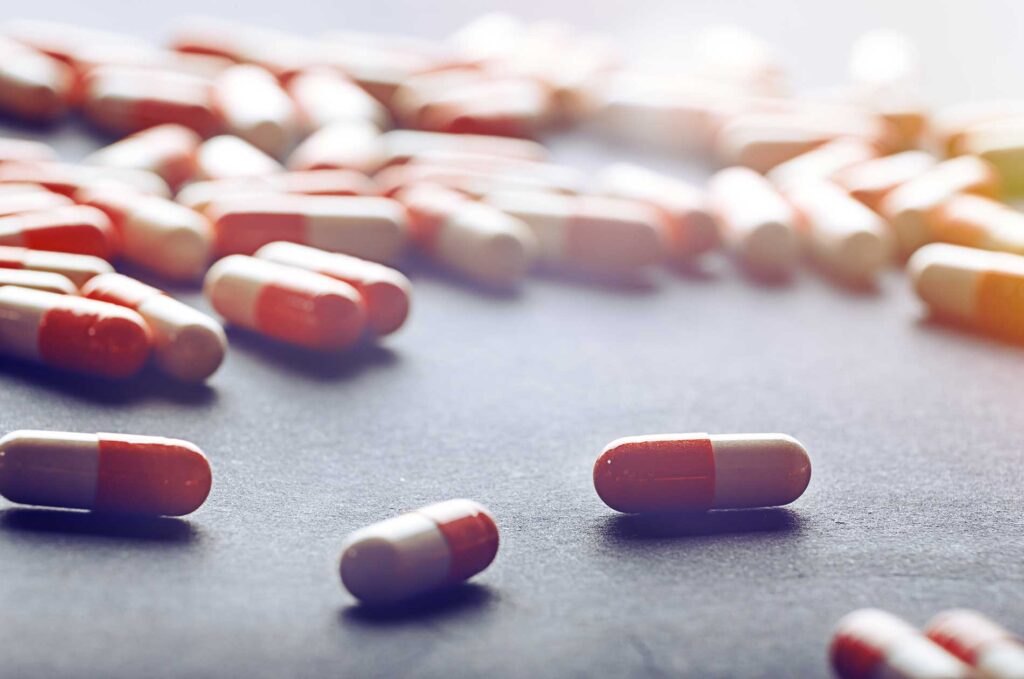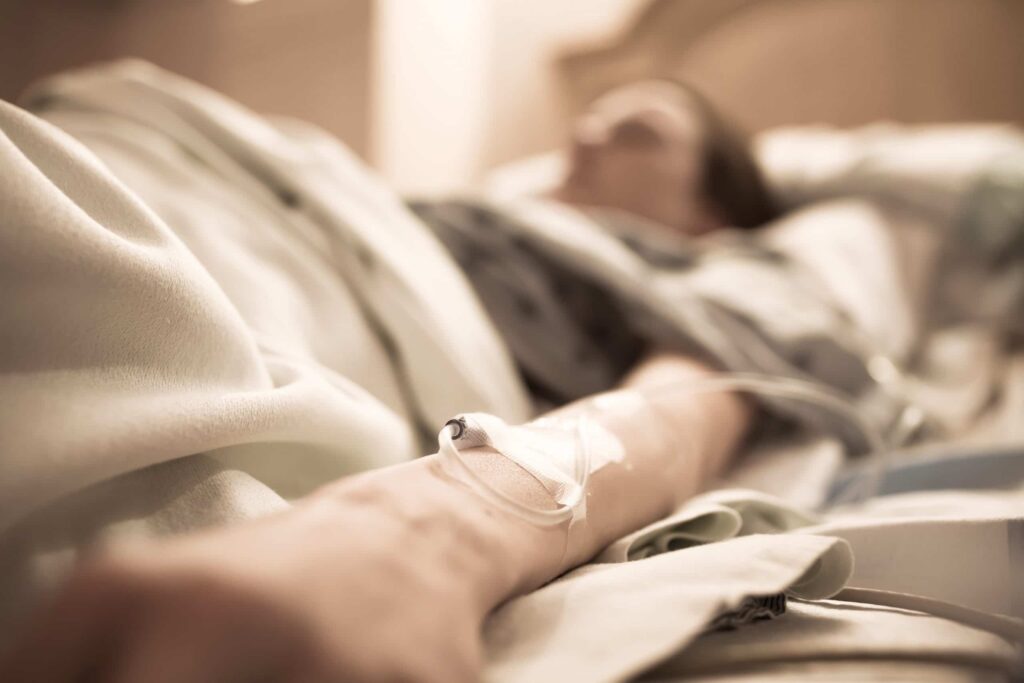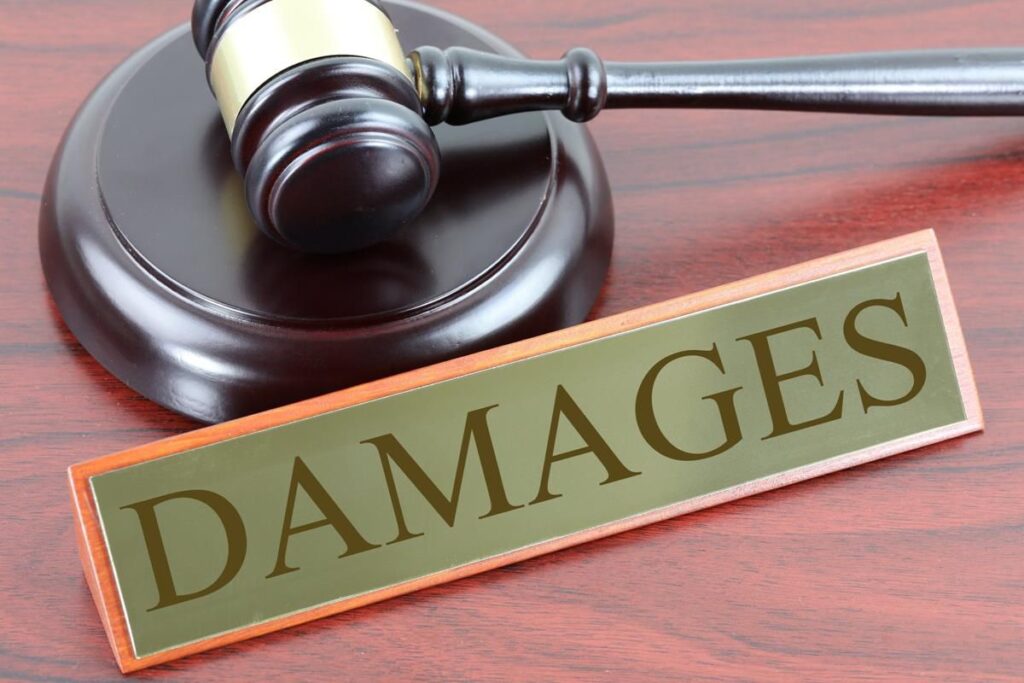With 40 million lawsuits filed every year in the US, companies devoted $22.8 billion to litigation costs and the US is the country with the most lawsuits in all the world. The highest median award of a product liability case was $4 million, but each state handles product liability (and drug claims) a bit differently.
What is a Drug Lawsuit?

A drug lawsuit or “dangerous drug lawsuit” involves product liability. You’re making a claim against a drug manufacturer or pharmaceutical company that the prescription drug caused financial, physical, and/or emotional hardship.
The drug could be “bad” because it was contaminated or improperly manufactured. Or, the drug may have been properly manufactured, but the “design” or formulation is associated with harmful or even deadly side effects, which may have been overlooked, ignored, or improperly tested.
A common claim could also be that the drug manufacturer or pharmaceutical company is promoting the drug for purposes and uses that are outside FDA-approved scope as well. Since the FDA conducts its own testing and evaluation of the drug prior to approval, but the scope can be very limited. Unapproved uses of approved drugs may result in dangerous side effects.
Another potential liability by the drug manufacturer or pharmaceutical company could involve distributing inadequate warnings with the drug. The instructions may not have sufficiently warned of side effects that involve respiratory issues, cardiovascular problems, organ damage, etc.
Why You Should File a Drug Lawsuit?

When you’ve been adversely affected by a “bad” drug, your next best action should be to reach out to an expert product liability lawyer who can help you understand your rights and your legal recourse. Pharmaceutical and medical device companies make billions every year, but it sometimes takes individual drug claims or class action lawsuits to force them to put public safety before profits (or for the FDA to take action and require removal).
At the same time, you are claiming damages for injuries and damages that you incurred through the negligence of the pharmaceutical or drug company. This is the only way you will get the financial reimbursement you deserve for the hardship and financial costs that you’ve already incurred and the future losses that you will continue to suffer.
In some cases, you are not the only one who was affected by the company’s negligence, so your drug claim could inspire others to file suit against the company. A critical component of the claim should be to remove the “bad” drug from the market, particularly in cases where the design of the drug was defective, dangerous, or deadly.
Every year, millions of Americans are in danger of bad drugs. For many of the bad drugs, there was no indication that there was cause for caution or concern for a drug that was prescribed. While some side effects from bad drugs may be relatively minor, the misconduct and negligence of a pharmaceutical or drug company regularly cause serious life-altering injury, and the effects could be fatal.
Types of Damages in Drug Cases

As a product liability case, there are two main kinds of damages that you can seek in a drug or device lawsuit. These types of damages encompass the range of costs associated with the “bad” drug as well as the level of deterrent associated with the company’s level of deliberate negligence. Here are further details about the two types of damages.
1. Compensatory Damages
This type of damage covers the financial and material losses you’ve incurred, which are related to the drug or device failure. Compensatory damages are meant to cover how the defective or dangerous drug has affected your life both now and, in the future, particularly in situations where your life has been irrevocably changed.
Compensatory damages can include lost wages and the potential for lost earnings, as well as all your medical bills, therapy costs, and other associated expenses. Of course, compensatory damages include the “cost” for pain and suffering, with both physical and emotional ramifications.
If the case involves the death of a loved one to a dangerous or defective drug or device, the compensatory damages can also encompass grief counseling, funeral costs, and any other costs associated with coping with the loss of a family member.
2. Punitive damages
While punitive damages are not associated with any financial or material loss, these damages punish the pharmaceutical company or drug/device manufacturer for their negligence.
You expected the drug to be safe and effective, so the legal claim is designed to hold the company or manufacturer responsible for a failure to properly protect the public (you) from danger.
In some cases, you might seek punitive damages for the company’s failure to properly test the drug. The claim could be that the company is liable because they failed to properly vet the drug. So, they failed to protect you (or your loved ones) from illness, injury, and death.
Punitive damages can inflate the overall value of a drug claim, but those awards are usually made in cases where the pharmaceutical company is deemed to be outrageous negligence or reckless disregard for safety.
Next Step: Consult with an Experienced Product Liability Lawyer

The complexities of a dangerous drug case require that you seek legal advice to make the claim. Even with an experienced product liability lawyer, who has experience with drug claims, you’re facing a monumental challenge when you take a claim to a pharmaceutical company. It may be an uphill battle, but you should keep in mind that injuries were caused by a bad drug.
Your goal is to hold the company responsible for its negligence, and lawyers, such as Terry Bryant, here to help you make your case, and support your claim every step of the way. We’ll review your case, offer recommendations and advice for the legal options open to you, and then help you determine how much you should demand in your drug claim. We’ll then start on your case to bring you the compensatory justice you deserve.
